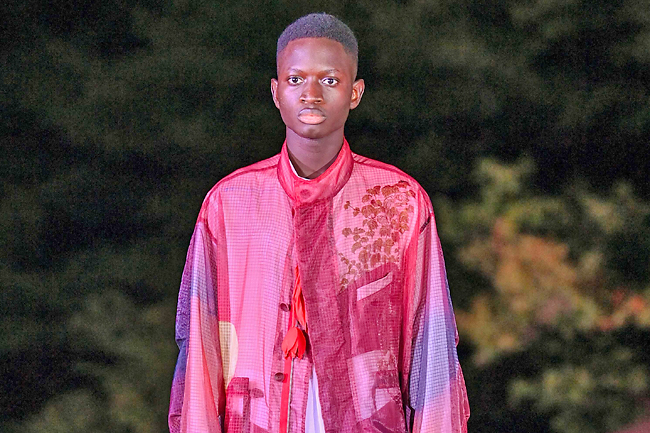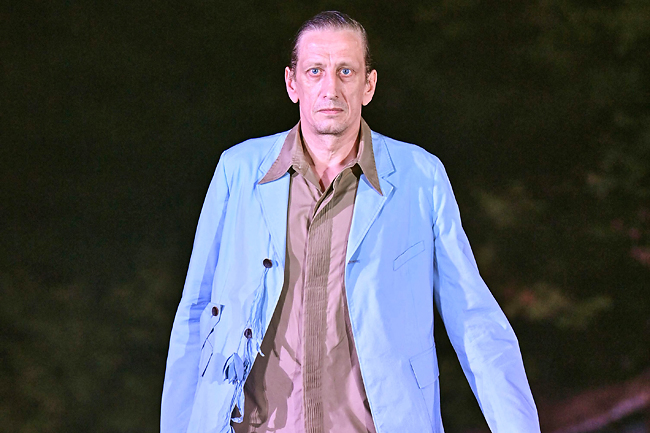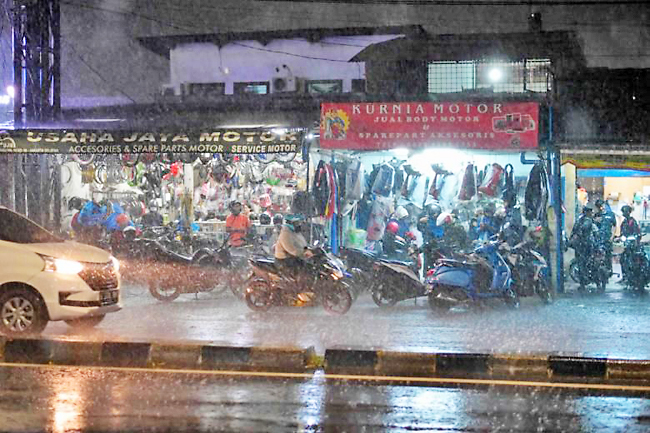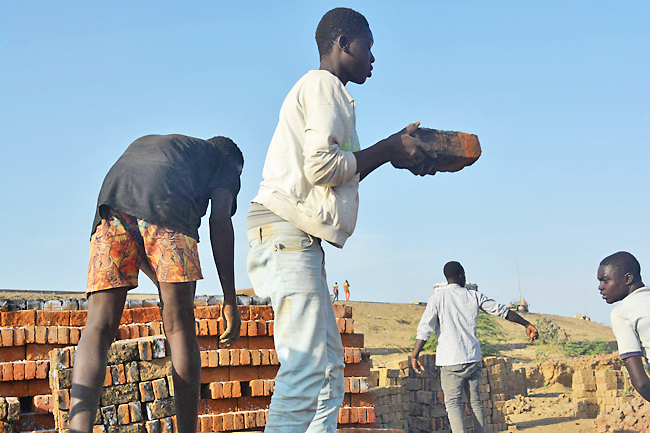The Ministry of Education (MoE) and the Ministry of Culture, Youth and Sports (MCYS), in their capacity as members of the Task Force Education under the COVID-19 Steering Committee, would like to respond to the letter, ‘Differently-abled students left behind in COVID times’, published in the Opinion page of the Bulletin on March 9, in regards to the announcement made during the press conference on March 5 on the closing of schools from March 7-19 and the adoption of fully online learning.
We acknowledge the concerns and limitations that a virtual learning environment can have for certain differently-abled students. Online classes could be nearly impractical without a teacher being physically present, especially for those with social, emotional, behavioural and sensory difficulties, such as low-functioning autism, attention deficit hyperactivity disorder, multiple disabilities and learning disabilities.
To monitor the progress of differently-abled students’ online learning under the MoE, officers from the Department of Special Education communicate actively and liaise directly with special education needs assistance (SENA) or homeroom teachers concerning students with special education needs (SEN). Teachers will then share any information regarding the students’ educational needs, objectives, progress and other matters with parents.
The Department of Special Education has also prepared and uploaded various online resources to the Digital Resources Management System (DRMS) of the MoE, accessible by teachers and parents.
Seventy-four resources, including general information, have been uploaded from different services, such as educational psychology, dyslexia, occupational therapy, speech and language therapy, hearing impairment, visual impairment, learning assistance programme and pre-vocational programme. Parents may use these resources as guided instructions and materials for face-to-face learning activities at home.

For some differently-abled students, interacting face-to-face with a teacher in a classroom or a differently-abled (OKU) centre can offer a variety of learning approaches compared to online learning. Even the act of responding to a specific question or just a change in the learning environment can help differently-abled students achieve better focus.
As such, the directive for online learning is not mandatory to Pusat Bahagia and OKU centres under the MCYS, particularly where the intervention programmes offered are part of the students’ therapy.
In allowing the continued operation of OKU centres, the MCYS, through the Community Development Department (JAPEM), in its press statement on March 7, updated the standard operating procedure (SOP) guidelines for entering all premises for Pusat Bahagia and OKU centres in the Sultanate to ensure the safe entry and participation of differently-abled persons.
It is now a requirement to carry out daily antigen rapid test (ART) screening at home and obtain a negative result for COVID-19 prior to entering these centres for staff, students, trainees, parents, guardians and the public.
Meanwhile, the scanning of the BruHealth QR code to identify the permitted green and yellow codes, having a double-dose vaccination status, the practice of social distancing and observing general personal hygiene are still in force.
To further ensure the participation of differently-abled persons in their daily activities, the public, especially parents and families, are advised to observe the current SOPs and instil healthy habits in their children and loved ones.
Task Force Education,
COVID-19 Steering Committee











